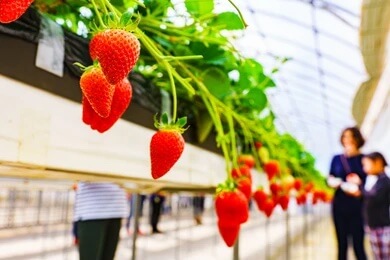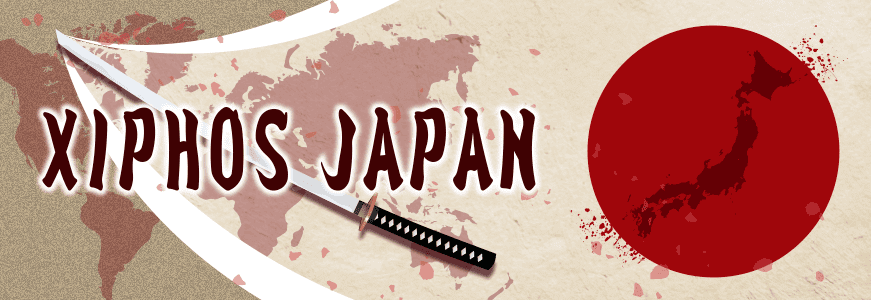 It will soon be three months since Russia first invaded Ukraine.
It will soon be three months since Russia first invaded Ukraine.
The Japanese mass media has been reporting on the situation in Ukraine every day as top news, but it seems as if there is still no end in sight to this war.
In fact, it can be said that Russia’s invasion of Ukraine is not likely to stop in the future, but is more likely to escalate and become a quagmire like Afghanistan.
Finland and Sweden, which border Russia and have historical backgrounds such as invasions and wars of independence in the past, have maintained a neutral position as a matter of national policy, and are not completely aligned with the West, although they are more western-friendly.
However, when Russia, a signatory to the Budapest Memorandum, which guaranteed Ukraine’s security, broke the agreement, diplomacy shifted to the West at once, and Russia announced that it would join NATO. Naturally, Russia expressed dissatisfaction (threats) with this, and there is a possibility that warfare will spread not only to Ukraine but also to European countries bordering Russia in the future.
Following the invasion of Ukraine, not only European countries, but also countries around the world, including Japan, have been affected in some way.
In particular, Japanese trading companies have been holding the rights to oil and natural gas extracted off the coast of the former Sakhalin II, known as Sakhalin 2, but due to economic sanctions against Russia, they have been forced to choose to give up their extraction rights.
Sakhalin 2 is a project with a history of controversy, and in the past, when Russia’s profits were low, Russian companies were forced to interrupt the project despite having signed a contract.
Russia is a country that in the past has flouted the Soviet-Japanese non-aggression pact with impunity and occupied territory, so investment is a big risk.
Even the oil major and negotiator Royal Dutch Shell has announced that it is withdrawing from the market, and even though Japan’s domestic situation is such that it has left most of its domestic energy to foreign countries, it is sometimes necessary to have the courage to back down.
Ukraine and Russia are also two countries with vast granaries over a large area of land. In particular, wheat and maize account for 30% and 20% of the world’s exports in both countries, respectively.
Wheat is used for bread, udon noodles and various foodstuffs, while maize is now an essential food for livestock.For this reason, grain is being fought over in the global futures market.
As a result, companies have begun to raise prices simultaneously, and this is already having a damaging effect on ordinary Japanese households. Although this is redundant, at this stage there is no end in sight to the war, so food prices are likely to rise further, putting more pressure on household budgets.
This may sound a little imprudent, but as the saying goes, “When the wind blows, the bucket shop makes money”, there is one area that has the potential to do well, even if it is difficult in some areas. That is “agriculture”.
Unfortunately, agriculture in Japan is tapering off year by year due to the declining birthrate, the ageing population and the concentration of agriculture in large cities.
Also, compared to 30 years ago, Japan’s food self-sufficiency rate has fallen from more than 90% to less than 90% for fish and vegetables.
The reduction of tariffs on agricultural products due to external pressure and the importation of large quantities of cheap foreign food have also contributed to the decline in agriculture in Japan, as Japanese farmers have struggled to compete on price.
However, looking around the world, it is not that Japanese food has a low reputation. In fact, the quality of the taste of Japanese food has earned it a high reputation, with many saying they would buy it even if it were more expensive.
It has a high reputation. Depending on how it is done, agriculture is a business that will make great strides in the future. In the next article, we will delve a little deeper into the potential of agriculture.







